With the number of smartphone users expected to reach over 8 billion by 2028, it is no surprise that the mobile app industry is thriving at a rapid scale. Consequently, application usage is growing steadily across industries, including finance, eCommerce, travel, entertainment, healthcare, and social networking. There is no sign of this growth slowing down in the immediate foreseeable future. Thus, enterprises worldwide are strategically investing in mobile app development services to gain a competitive advantage.Building a successful app with streamlined performance and unrivaled quality requires a considerable amount of time & cost. Therefore, brands seek more promising and feature-rich app development platforms to turn their app idea into reality efficiently. React Native is emerging as one of the most favorable framework choices for building an intuitive cross-platform mobile app.How much does it cost to develop a React Native app? As a business owner, you should be looking for an answer to this question. Whether you have a well-established company or a startup, carefully consider factors affecting the React Native app development cost to define the total budget.
What is React Native? A Complete Overview
React Native is an open-source, JavaScript-based, cross-platform app development framework created by Meta Platforms, Inc. (formerly known as Facebook). Released on March 26, 2015, this platform has rapidly gained popularity due to its industry-leading benefits, such as developing mobile apps for Android and iOS simultaneously, JavaScript code rendered with native components and real-time preview of saved changes.React components, wrapped in native code, seamlessly interact with native APIs, enabling smooth cross-platform app development with a native look and feel. Moreover, it empowers existing app development teams to work more efficiently. Whether you're building an app for Android, Android TV, iOS, macOS, tvOS, the Web, or Windows, the React framework allows you to leverage native platform capabilities.
Factors Affecting React Native App Development Cost
Developing a React Native app requires you to perform multiple tasks, such as hiring an app development team, planning the scope, defining features, and determining app objectives.Therefore, to decide your React Native app development budget, consider the following cost-driving factors.
1. App Complexity
An app can be divided into 3 complexity levels: simple, moderate, and high. Based on this, your React Native application development cost will vary. Complexity LevelAverage CostDevelopment TimeSimple$30,000-$50,0002 to 4 MonthsModerate$60,000-$90,0005 to 9 MonthsHigh$100,000-300,00010 to 15 MonthsThe app's complexity depends on various parameters, such as:
- Backend Architecture
Cloud storage, database management, user authentication, and hosting are factors that constitute a mobile app's backend. Whether you choose to develop a custom backend or BaaS will influence the cost of developing a React Native app.
- Admin Panel
This centralized management system assists business owners in monitoring app performance, tracking activity, and updating content. Based on the features and insights you need in your app, your React Native app cost varies. Building an Admin panel can cost you $10,000-$25,000, depending on your advanced requirements.
- Third-party Integration
If you want to create an engaging mobile app, you will need to integrate it with additional services. Therefore, choosing an app development platform that offers seamless integration is essential.Whether it is SMS notification, push notification, or geolocation, the integration capabilities of React Native are instrumental in this case. API integration cost range can be between $7,000 and $10,000.
- Using Mobile Device’s In-Built Features
Smartphones come with various features like Bluetooth, GPS, Nearby, and Barometers. To create an interactive app, you must tap into its full potential. However, improving the app performance adds to the overall React Native app cost.
- Integration with the Enterprise/Legacy System
If you are developing an enterprise app, it needs to be connected to an in-house legacy system. These types of applications are classified as medium to high complexity by default.
- IoT Integration
IoT technology-powered mobile apps enable users to control and monitor devices remotely, enhancing convenience— for example, turning off/on lights, controlling the thermostat, and turning off/on AC while being away from home. This can cost you anywhere from $30,000 to $50,000.
2. Type of App
The type of app you choose to develop influences factors like features, security aspects, UI/UX design, and third-party integrations. Such changes will also impact the React Native app development cost.For example, a utility app like a calculator will cost less than an eCommerce or on-demand app.
3. Design Complexity
Based on the app category, features, functionality, and other unique requirements, your app design will create the UI/UX design. With a well-devised design strategy, interactive user flow, animations, and transitions in your app design will ensure user engagement with your mobile app.A feature-rich app design will result in a higher React Native application development cost since designers & developers have to spend more time and energy on it.
4. App Maintenance
Maintaining an app is a crucial part of the app development process. An app developed with the React Native framework must be tested thoroughly across the target devices to ensure it keeps functioning as intended. Hence, it is recommended to hire a React Native app development company that meticulously tests your application to improve its performance.App updates, design changes, and bug fixes are part of the app maintenance process, which comes with additional expense.
5. Team Size
The number of developers, designers, and other professionals working on your project will affect the cost of developing a React Native app. Your app development team will have members with specific roles & responsibilities, including project manager, front-end developer, back-end developer, quality analyst, UI/UX designer, business analyst, and account manager.The per-hour charges of these professionals will differ. Read our blog on mobile app development cost to know how much it costs to hire professional app developers.
6. Agency’s Location
You have various options based on which you can hire a development crew to build your app. For instance, you can establish your in-house team or outsource an app development agency according to your requirements and budget.When you establish an in-house team, you have to oversee additional charges like electricity bills, monthly salaries, medical insurance, hiring resources, training professionals, and so on. On the other hand, outsourcing an agency has a more reasonable cost since you do not have to manage these extra expenses.However, the cost of hiring a React Native app development company also depends on the agency's location.Country/ RegionsHourly CostsNorth America$100-$150South America$60-$120Eastern Europe$30-$100Western Europe$40-$120India$20-$90Australia$60-$100
7. Development Timeframe
The next crucial parameter affecting React Native app development cost is the total duration of building an application. An app with more complexity, API integrations, and features takes more time to develop than a simple application.Moreover, testing is one of the significant factors that can increase the development time. Therefore, you must define your app scope clearly and ensure your development team sticks to the timeline.
Why Should Businesses Invest in React Native App Development?
With React Native app development, you have to manage a single codebase for multiple platforms. This helps business owners to reduce app development costs, build apps faster, at the same time, scale and update the app.Let’s take a look at how React Native app development can benefit businesses:
Cost-Effective App Development
The price of building a Native app is typically higher than the cost of the React Native app. The primary reason for this cost reduction is the shared codebase, which optimizes resources and minimizes the developmental effort.
MVP Development
This cross-platform framework enables rapid application development for multiple platforms and offers cost-effective solutions. Integrating a backend developed in Node.js or any JavaScript framework with React Native further enhances cost-efficiency and maintenance benefits. Hence, it is an ideal choice for MVP development, allowing you to validate your app idea efficiently without significant development expenses.
Scalability
With proper planning, code optimization, and robust architecture, React Native is used to build scalable mobile apps. This framework can effectively accommodate your evolving project needs, allowing you to design enterprise-level applications.
Large Community Support
React Native is managed and upgraded by Meta, keeping it up to date with the latest market trends. It has a large number of contributors from well-known organizations improving its functionality, including Microsoft, Google, Red Hat, MIT, Intel, UC Berkeley, and so on.
Easy to Learn and Use
Being one of the well-documented frameworks with support from a large number of developers, React Native is easy to learn and use. Moreover, the use of JavaScript programming language makes it accessible to developers.
Well-known Brands Trust React Native
Due to its cross-platform capabilities, native-like performance, and code reusability features, many industry giants trust this framework to build their high-performing applications. These brands include Facebook, Tesla, Puma, Discord, and so on.
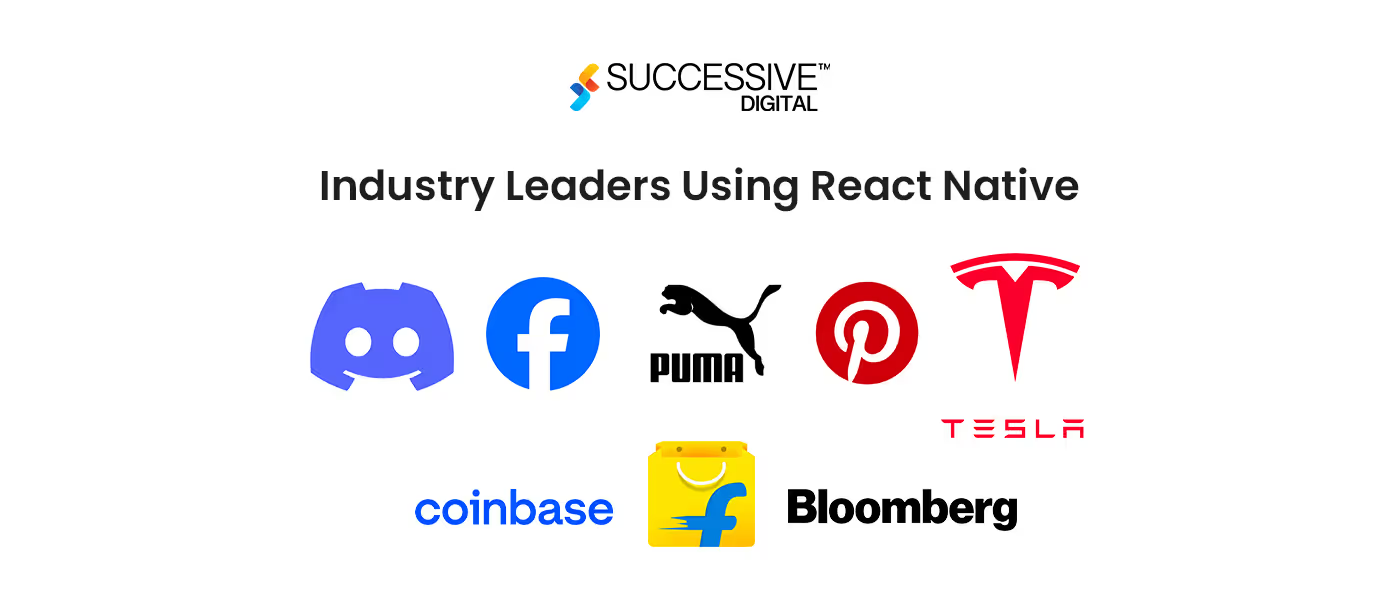
How Does React Native App Development Reduce Cost?
How much does it cost to make an iOS or Android app? React Native app development makes it extremely easy for you to decide on an app development budget since you do not have to focus on building an app for both platforms separately. This results in significant time and cost savings.Here are some of the ways the React Native framework can reduce the cost of developing an app.
Single Codebase
With a single JavaScript-based code, developers can develop an app for various platforms, saving time and resources. As a result, this proves to be a cost-effective solution.
Faster Time to Market
React Native framework's features, like Hot reloading, cross-platform compatibility, easy upgrades, and a single codebase, enable efficient app development. This, in turn, reduces development time and the overall development cost.
Pre-built Components and Reusable Codes
With an extensive list of ready-made solutions and JavaScript libraries, the React Native framework ensures optimized app development. Moreover, the code reusability capabilities allow developers to share the code across different parts of an application. Hence, this makes it easy for business leaders to release an app within a specified timeframe.
Less Workforce
Since a single codebase is used to develop an app across multiple platforms, it requires professionals with a strong understanding of JavaScript. Therefore, with React Native, you can create an app with one team— a project manager, a designer, two developers, and a QA expert.In Native app development, you will need a separate team for iOS and Android platforms, increasing the development time and cost.
Reduced Maintenance Costs
Whether scaling the app, changing the design, fixing bugs, or upgrading the app based on the latest technology trends, deciding a budget for app maintenance is a must. Building an app with React Native ensures a hassle-free maintenance process for both iOS and Android platforms.The shared codebase among multiple platforms allows developers to maintain the app effectively, reducing the overall cost of React Native mobile app development.
Third-party Integration
Whether you want end-to-end app development or add multiple third-party services to enhance functionality, React Native has suitable features to fulfill your needs. With third-party integrations, you can ensure low investment costs and save developers time from building components from scratch.Therefore, the React Native framework’s seamless integration capabilities help to reduce the app development cost.
Final Cost-estimation of React Native App Development
If you are seeking an affordable app development solution for your business, React Native is ideal for deploying your ideas swiftly. On average, the React Native app development cost ranges from $30,000 to $300,000, depending on app complexity, advanced features, and third-party integrations. Additionally, the location of your React Native app development company plays an essential role in defining the budget for building an app. At the same time, determining the total estimation for React Native app development depends on the unique requirements of your project.
Successive Digital as Your Technology Partner for React Native App Development
At Successive Digital, our experienced app developers understand your business challenges and requirements, delivering customized mobile app solutions catering to your needs. We have 10+ years of experience as a digital transformation company, serving established Fortune 500 companies and emerging startups with our industry-leading services.Contact us to create a profitable app with our custom-made React Native app development services.
Conclusion
Whether you own a startup or a well-established company, React Native has the potential to transform your business's bottom line. Be it cost-effectiveness, faster app development, hassle-free maintenance, or easy migration, your requirements will be fulfilled with the React Native framework.
.avif)
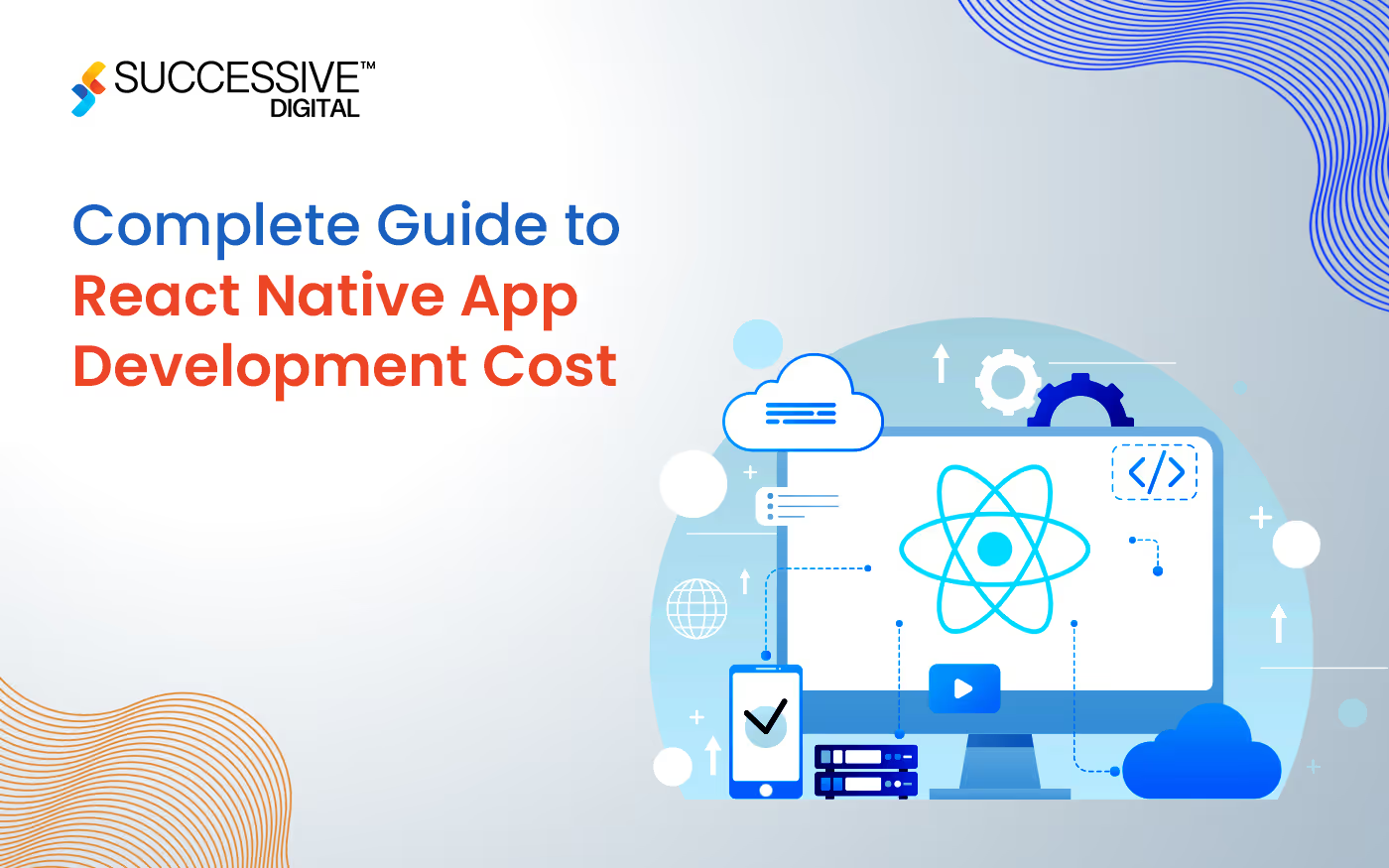




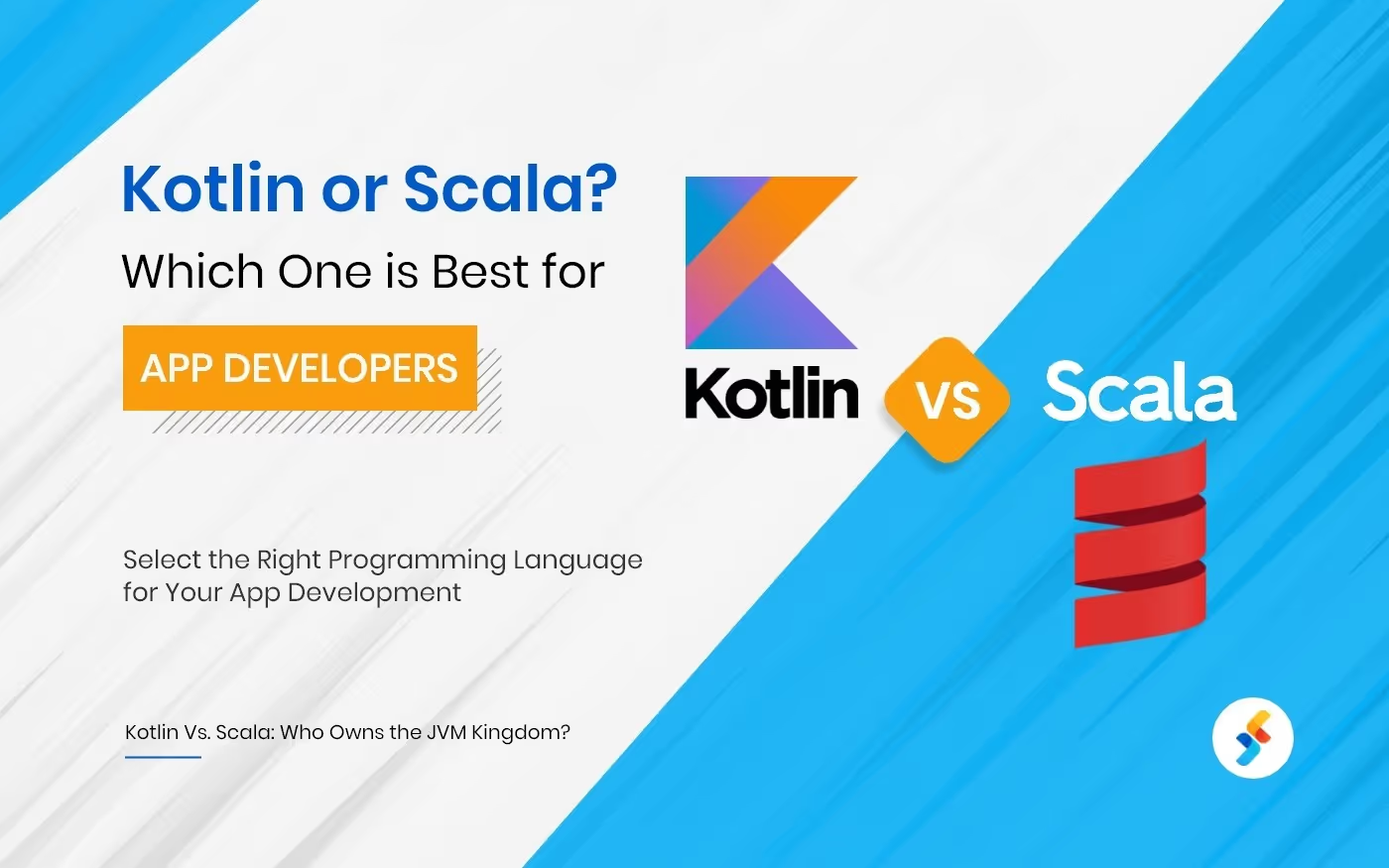
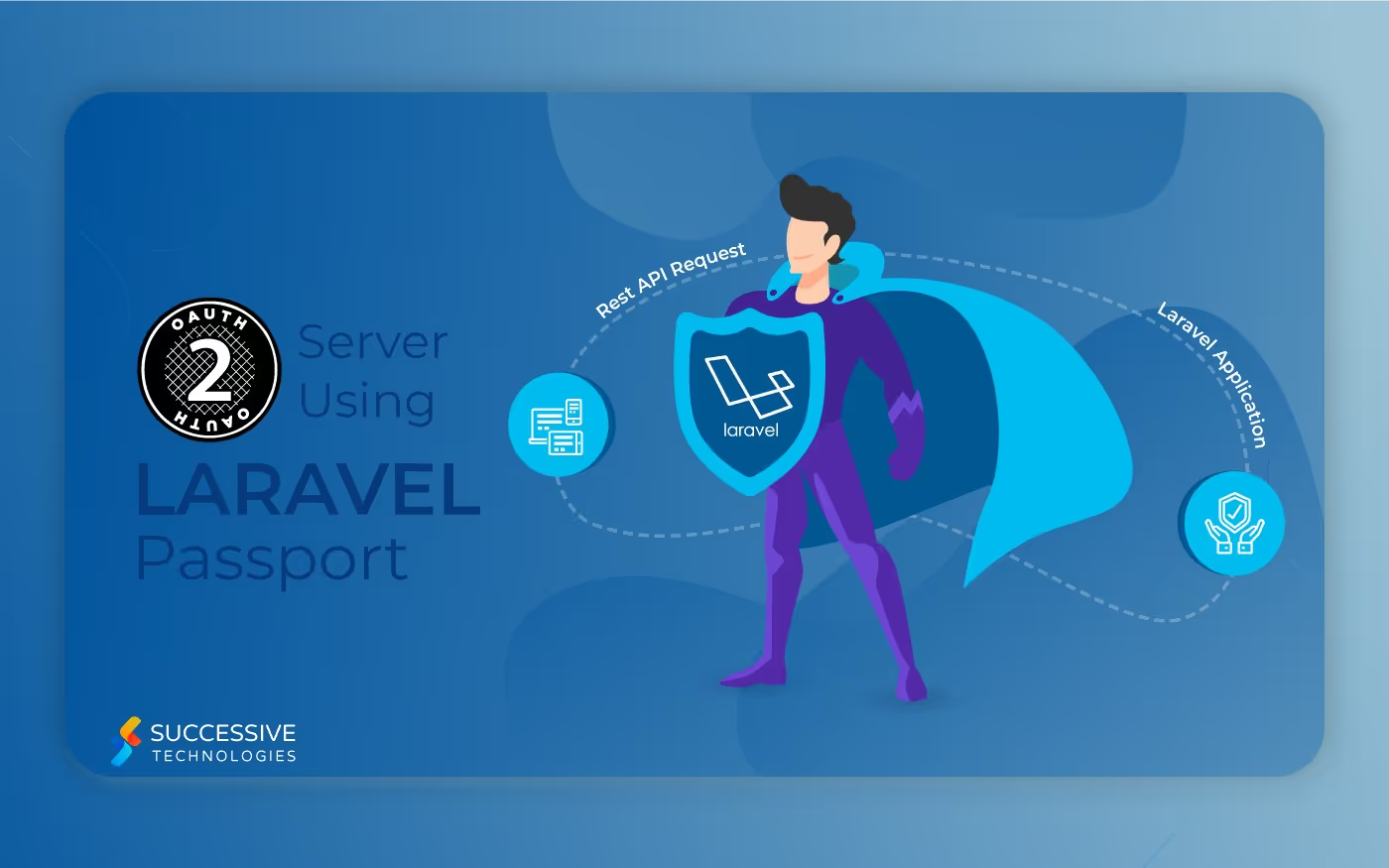
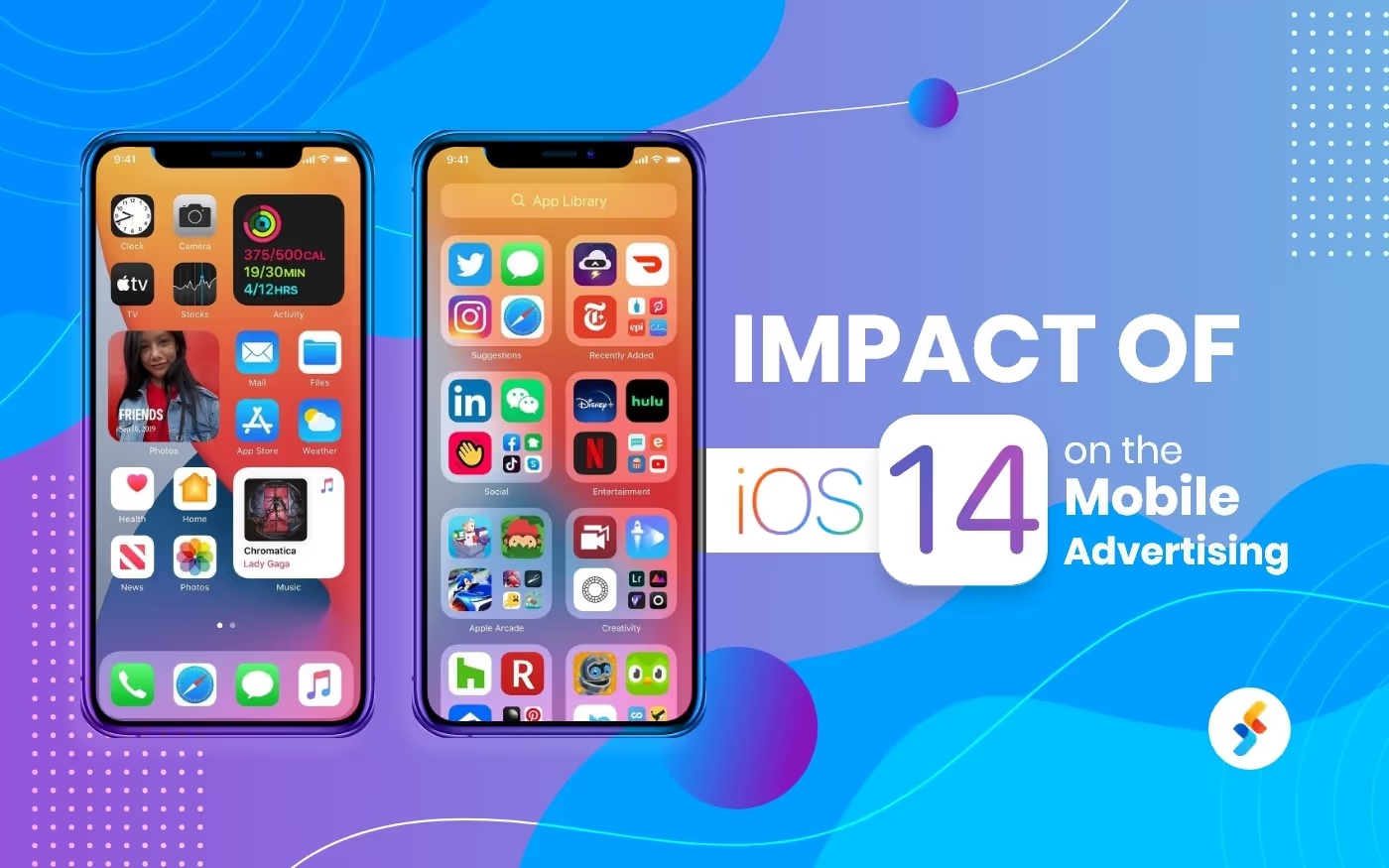


.jpg)









